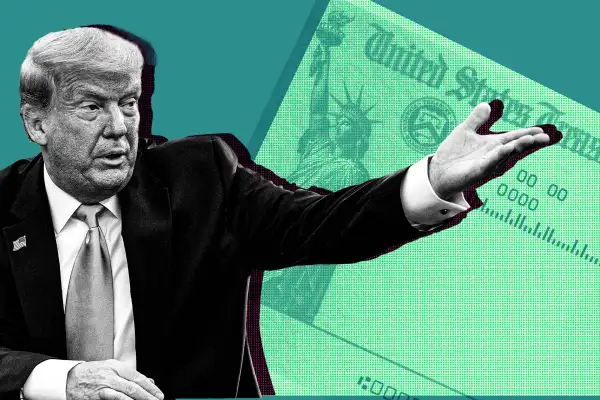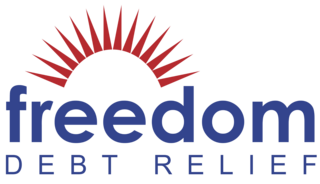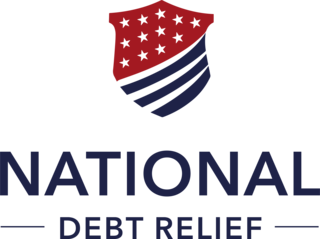New Bill Proposes $600 'Tariff Rebate' Stimulus Checks

Love them or hate them, the U.S. government is now collecting tens of billions of dollars per month from tariffs, and President Donald Trump and some Republicans in Congress would like to give a portion of this money back to taxpayers.
On Monday, Sen. Josh Hawley, R-Mo., introduced a bill that would create $600 tariff rebates — the same dollar amount as the second batch of COVID stimulus checks in December 2020, which Hawley and Vermont Sen. Bernie Sanders, D-Vt., advocated for at the time.
Trump has yet to weigh in on this specific bill, but he voiced support for tariff rebates on Friday during a gaggle with reporters before he departed on a four-day trip to Scotland.
"We have so much money coming in, we're thinking about a little rebate," Trump said. "The big thing we want to do is pay down debt, but we're thinking about a rebate."
Bill would create $600 tariff rebates
Stimulus checks and rebates are popular with voters, and if Congress were to pass this bill, it could help the president with his sliding approval numbers on economic issues. According to a recent Gallup poll, 37% of respondents approve of Trump's handling of the economy, down from 42% in February.
The White House denies that the American people are paying for tariffs, but most experts disagree and say the impact will only get worse if levies remain in place. The bill's $600 rebates could offset, or partially offset, the financial impact to consumers as companies pass along higher costs.
Of course, that's not how Hawley is describing the purpose of the relief. In a statement, he said rebates are needed "after four years of Biden policies that have devastated families’ savings and livelihoods," adding that his bill would "allow hard-working Americans to benefit from the wealth that Trump’s tariffs are returning to this country."
The Treasury Department reports $28 billion of customs duties collected in July, surpassing the previous record of $27 billion last month.
Hawley's bill, the American Worker Rebate Act, would use some of the government's increased tariff revenues to fund one-time rebates. If enacted, it would create a refundable credit of at least $600 per person that taxpayers could see on their tax refunds next year. The bill also includes a mechanism for advance payments, meaning that rebates could go out earlier as electronic payments.
How would tariff rebate checks work?
The senator's office said the rebate would amount to $2,400 (or more) for a family of four, noting that the bill would "allow for a larger credit per person if tariff revenue exceeds current projections for 2025."
Speaking to reporters, Trump added that "a little rebate for people of a certain income level might be very nice."
Hawley's bill provides that the credit would be reduced by 5% of the amount by which a taxpayer's 2024 adjusted gross income exceeds $75,000 for single filers or $150,000 for joint filers.
For example, someone with an adjusted gross income of $80,000 would see a $250 reduction in the rebate based on a 5% phaseout calculation applied to their $5,000 of income above the $75,000 threshold.
Will the government actually send tariff rebate checks?
Don't get too excited about tariff rebates just yet. Americans were teased with talk of $5,000 'DOGE' stimulus checks in the early weeks of Trump's second presidency, back when Tesla CEO Elon Musk was leading the Department of Government Efficiency and touting unrealistic cost-cutting goals. Taxpayers didn't get a penny — or at least they haven't yet — and the discussion around DOGE checks has fizzled out.
One obstacle for Hawley's bill: House Speaker Mike Johnson isn't a fan of stimulus checks. "Politically, that would be great for us, send everybody a check," he told Politico in February, referring to the proposed DOGE checks. "But if you think about our core principles… we need to pay down the credit card."
Alex Jacquez, chief of policy and advocacy at the Groundwork Collaborative, addressed Hawley's proposal during a press call Tuesday. "Republicans in Congress just passed a bill that will increase the deficit by $3.4 trillion," said Jacquez, who was special assistant to the president for economic development in the Biden administration. "Tariffs and trade rebates were not a part of that bill, so I'd be extremely skeptical that we're going to be sending out $600 checks anytime soon, given we just had this megabill done and it wasn't anywhere part of the conversation."
Last week, E.J. Antoni, chief economist at the Heritage Foundation, told the New York Post that tariff rebates would be unwise. "While it’s always politically advantageous to hand out money to constituents, the fact is the federal government has no money to give at this point. When the annual deficit is over $1 trillion, the priority has to be getting that down," he said.
Tariff rebates would also inject money into the economy, likely leading to increased consumer spending and greater demand for goods and services. That's why stimulus spending and rebates often contribute to inflation. With the Tax Foundation warning of an average tariff impact of $1,300 per household in 2025 from Trump's policies, Republicans in Washington will have to decide if they want to risk sending rebates that could lead to even higher prices.
More from Money:
Stock Market Analysts Are (Cautiously) Optimistic as Tariff Fears Fade
Tariffs Trigger the Sharpest Drop in Online Spending in Over a Decade





